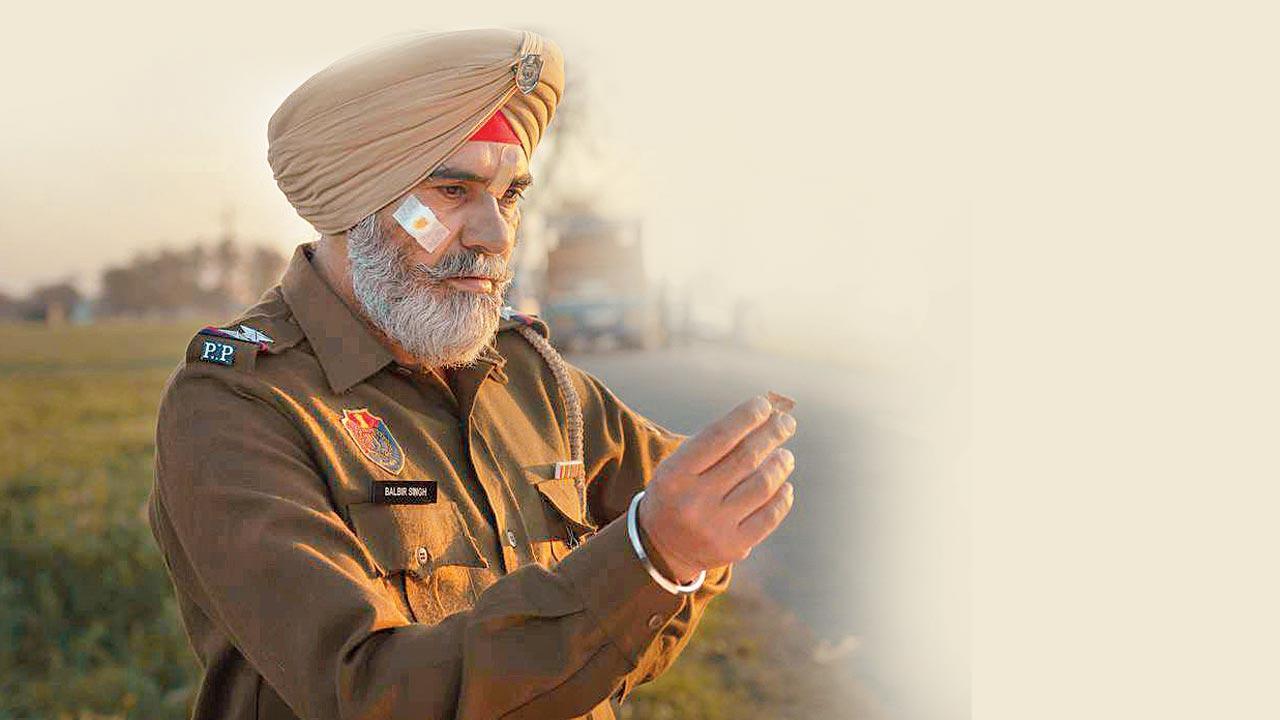I’m a non-violent individual. I’ve by no means even received right into a heated argument with anybody,” laughs Sudip Sharma, conscious that his display screen choices would possibly recommend in any other case. However then, it takes a peaceful thoughts to know the complicated topic of violence, its roots, and totally different manifestations.
After Paatal Lok (2020), Kohrra is creator-writer Sharma’s newest try to look at the darkish aspect of people. “All of us carry that darkness inside us as people, households and societies. That’s fascinating to discover,” he begins.
The Netflix collection sees Suvinder Vicky and Barun Sobti as cops investigating the homicide of an NRI groom in Punjab. Below the disguise of a thriller, Kohrra tells a narrative about love and generational violence. Sharma, who has created the present with Gunjit Chopra and Diggi Sisodia, reveals that love was certainly its genesis. “The place to begin was the title of considered one of Charles Bukowski’s poems, Love is a canine from hell. We needed to do a present about relationships. I used to be coming off Paatal Lok, which was a procedural. So, I didn’t need to do one other. However when Gunjit and Diggi pitched the thought, I felt there was a possibility to discover relationships and the way love could be both uplifting or soul-crushing.”
When it got here to casting, Sharma knew it was time to work with that actor who had left an enduring impression on him together with his bit roles in Udta Punjab (2016) and Paatal Lok. Enter Vicky. “He had one scene in Paatal Lok. However he was so good in that scene that I knew I needed to work with him once more. After we began writing Kohrra, I knew he was the suitable selection for Balbir Singh. None of his breakthrough work like CAT [2022] and Meel Patthar [2020] had come out then.”
Whereas Kohrra has opened to unanimous reward, Sharma has moved on to the second season of Paatal Lok, which is due subsequent 12 months. So, has he given up on theatrical choices in favour of long-format tales? One thing like that, says Sharma, whose final theatrical enterprise was Laal Kaptaan (2019), through which he served as a dialogue author. Cause—“We stopped making movies that folks like me,” he says.
“Nobody desires to make a movie like NH10 or Udta Punjab for theatres in the present day. The thought—if it’s theatrical, it needs to be entertaining and understood by all—principally means it needs to be dumbed down.
They need you to jot down the form of movies which might be getting made. I don’t even watch these movies. How can I make them?”

